Families of murdered Bowraville kids want Coroner to investigate the case
The desperate families of three murdered children want the State Coroner to investigate after the government refused to make law changes that would allow the alleged serial killer to be tried again.
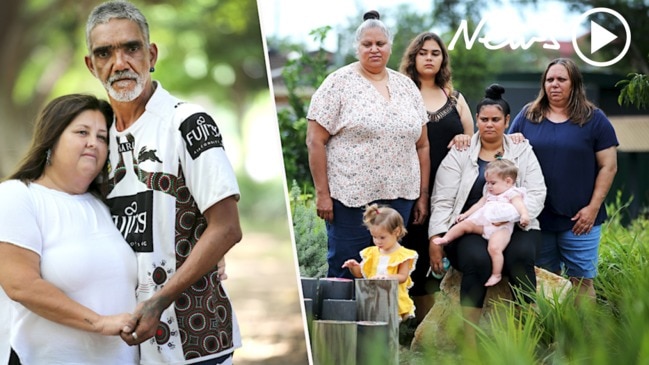
NSW
Don't miss out on the headlines from NSW. Followed categories will be added to My News.
- Gary Jubelin: Someone’s about to get away with murder
- ‘They deserve answers’: Levesons back Bowraville families
The families of three murdered children want the State Coroner to take up the investigation into an alleged serial killer, saying they believe NSW Police has effectively closed the case.
The families are furious they were summoned to a meeting in Coffs Harbour with less than 48 hours’ notice, only to be told by Attorney-General Mark Speakman the government would not support law reform that could have seen the murders brought to trial.
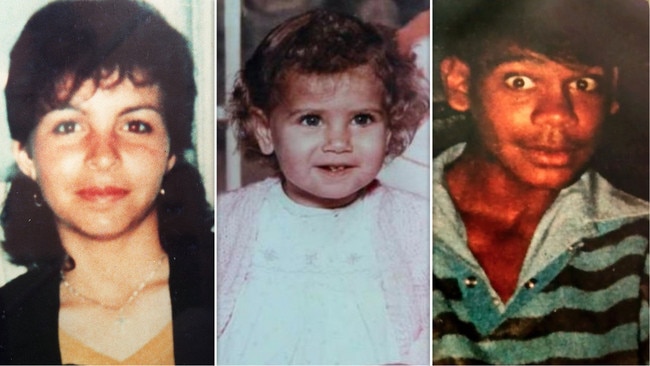
Homicide Squad Commander Danny Doherty told the meeting he could not offer “false hope” to the families, but would send the case to the unsolved homicide unit for review, while also offering a $1 million reward for new information.
Police Commissioner Mick Fuller was initially scheduled to attend the meeting, in Coffs Harbour, but pulled out at the last minute.
MORE FROM GARY JUBELIN
Grieving Bowraville families’ 30-year fight for empathy
Cops pulled from Bowraville child ‘serial killings’ case
Family members reacted with shock and anger when Mr Speakman said: “This is another kick in the guts, I understand how devastating this would be for you.
“I cannot support these (legislative) changes, knowing that it will fail.”
Family member Gavin Stanbrook, speaking on behalf of all the grieving relatives, said: “Colleen, Evelyn and Clinton were taken from us 30 years ago. Witnesses have passed, elders who longed for justice are no longer with us — what will it take for the government to give us answers?”
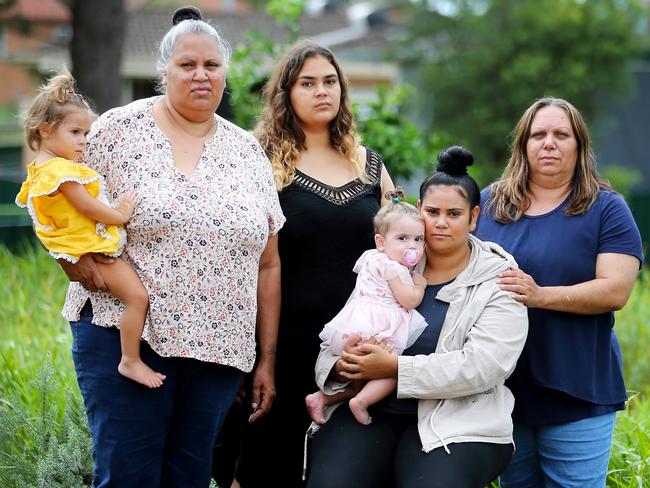
Greens MP David Shoebridge, who has supported the families’ effort for justice, said of the $1 million reward: “The government knows it will never be claimed, it is a PR stunt and wrongly assumes the families are fools.
“Without changing the law on double jeopardy there is no possibility of another criminal trial, so even if more information came to hand, it would never trigger the reward.”
Paula Craig, whose 16-year-old sister’s clothes were found weighted down with rocks in a river, said: “Colleen’s body has never been found. We still don’t know what happened to her.
“We were hoping a trial would provide answers, but that is not going to happen.
“We can’t give up. We want the coroner to find out what happened to our kids. We deserve answers, we don’t want to pass our pain on to our children.”
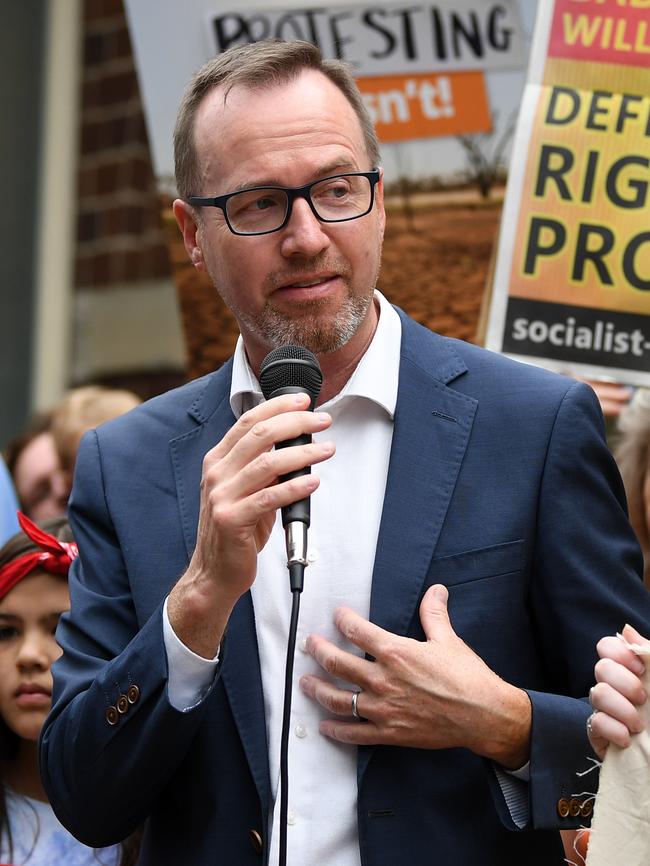
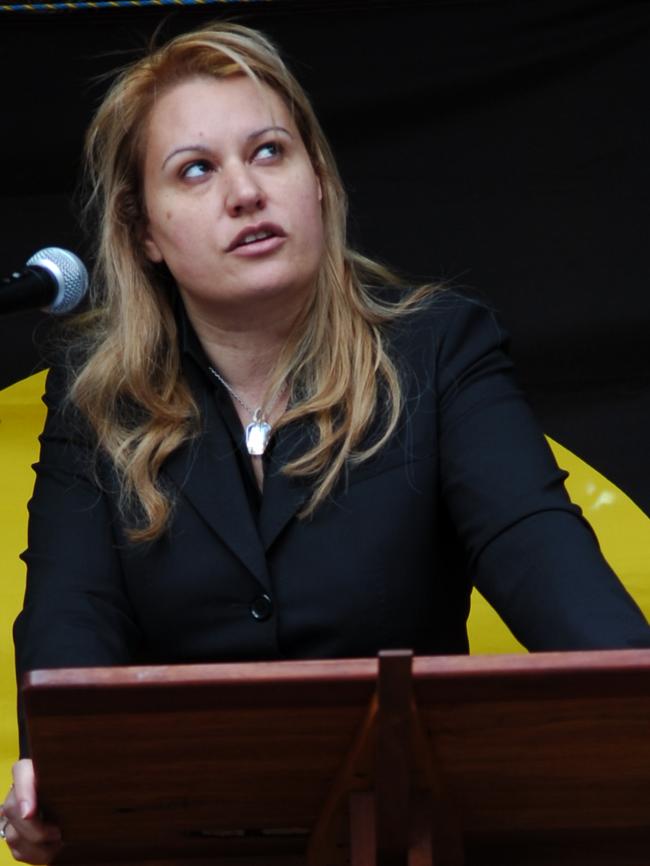
While a criminal trial is to determine an individual’s guilt or innocence in an adversarial matter, a coronial inquest is an inquisitorial process to determine how, when and where a death occurred.
The rules of evidence are different, and this opens the doors to the possibilities of obtaining information the families so desperately seek.
The most recent example of an inquest providing answers where the criminal courts had failed was the matter of Matthew Leveson.
An inquest was conducted into Matthew’s disappearance after the Supreme Court acquitted a person charged with Matthew’s murder. The process of a coronial inquest resulted in Matthew’s body being recovered after 10 years.
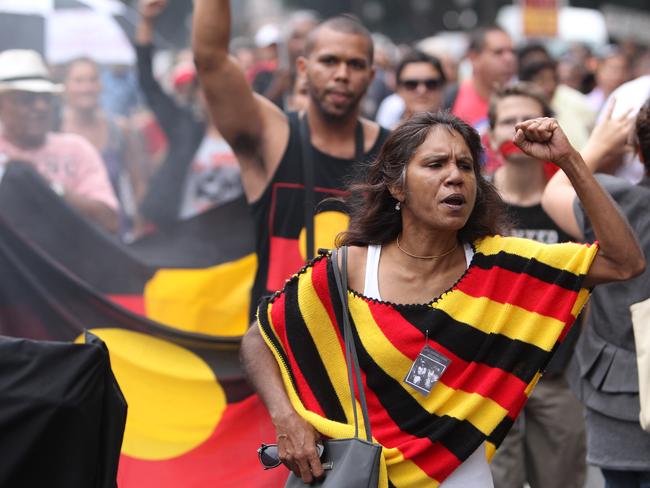
Distinguished Professor Larissa Behrendt, from the Jumbunna Institute for Indigenous Education and Research at UTS, which designed a legislative model that could have seen the three murders brought to trial, said the government was wrong to fear that amending double jeopardy legislation would “open the floodgates” to retrials of old crimes.
“It was disappointing to hear that the government won’t be supporting the Jumbunna model,” Prof Behrendt said.
“We felt we had provided the parliament both with a workable model that balances the interests of the accused with the rights of these families to justice, and with a strong argument why these changes won’t result in a flood of new matters.”
Colleen Walker, 16, Evelyn Greenup, 4, and Clinton Speedy-Duroux, 16, were murdered over a five-month period in Bowraville 30 years ago.
The evidence suggests one person was responsible for the murders but no one has been convicted, leaving a potential serial killer on the streets.
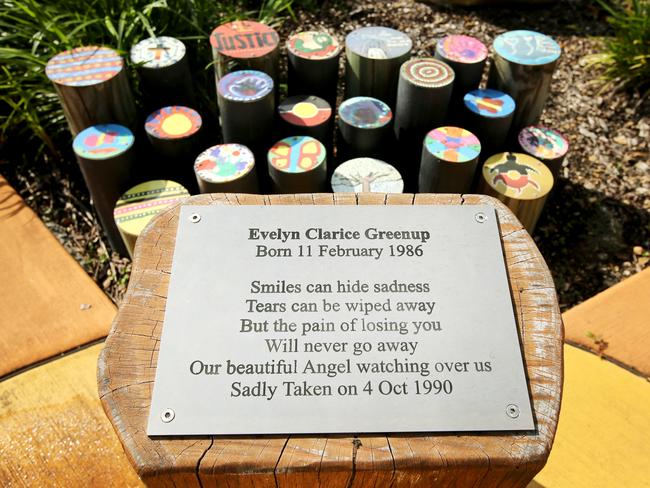
Originally published as Families of murdered Bowraville kids want Coroner to investigate the case
